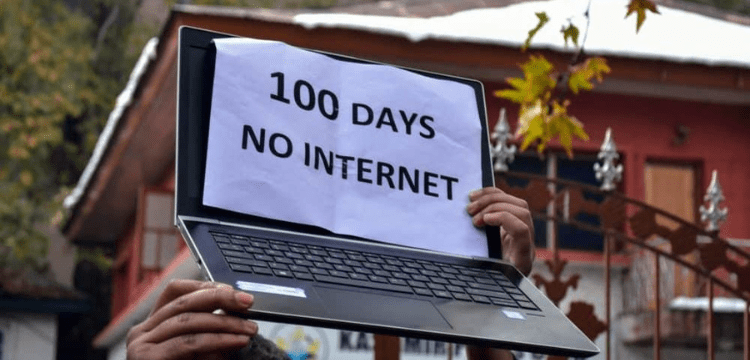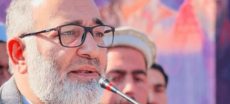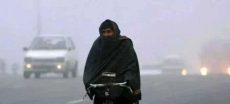[vc_row][vc_column][vc_column_text dp_text_size=”size-4″]According to cybersecurity firm and VPN provider Surfshark, Pakistan agreed in the 2021 UN resolution to maintain unfettered internet, but has since placed seven restrictions.
The UN resolution in question strives to defend and promote human rights, but several supportive countries, notably Pakistan, have betrayed their word.
Surfshark undertook a study that examined the positions of UN countries in the 2021 UN Human Rights Council (HRC) Resolution on the promotion, protection, and enjoyment of human rights on the internet.
Also Read: 15 Best Ladies shoes brands in pakistan
Surfshark was able to identify 15 countries that claimed to support the resolution but afterwards “broke their word” by imposing internet restrictions by comparing countries’ stances with data from Surfshark’s Internet Shutdown Tracker.
Pakistan has already violated the 2021 resolution seven times, three of which occurred within the last month, during the detention of former Prime Minister Imran Khan.
The internet was also limited three times in 2022: once when Khan organised a march to the capital, and twice when Khan’s speech was streamed live. Pakistan has the third-highest number of limitations imposed after (or during) the 2021 resolution, trailing only Sudan and India among the countries that “broke their word.”
Gabriele Racaityte-Krasauske, a spokeswoman for Surfshark, says:
The UN resolution on Internet human rights intends to force countries to officially criticise these shutdowns and other methods of curbing online communication. However, despite the fact that 15 countries openly supported the resolution, internet limitations were applied.
The countries that backed the 2021 UN resolution but “broke their word” were India, Sudan, Cuba, Uzbekistan, Burkina Faso, Pakistan, Senegal, Russia, Brazil, Armenia, Indonesia, Mauritania, Nigeria, Somalia, and Ukraine.
According to Surfshark’s Internet Shutdown Tracker, there were a total of 66 internet disruptions in these 15 nations during or after the resolution’s passage.
With 21 internet outages since the resolution’s adoption in 2021 (if the Jammu and Kashmir region is included, this figure would be significantly higher), India stands out as the country that has “broken its word” the most.
Sudan had the second-highest number of restrictions (9) imposed after the country endorsed the 2021 resolution, with the first being during the 2021 military takeover.
Nigeria and Ukraine had ongoing restrictions at the time the resolution was adopted, but no additional restrictions have been imposed since then. Nigeria had banned Twitter a month before the adoption, and the ban would have been in effect until January 2022. Ukraine, for its part, prohibited popular Russian apps in 2017 as part of sanctions imposed in reaction to the annexation of Crimea, which is still in effect.[/vc_column_text][/vc_column][/vc_row]











